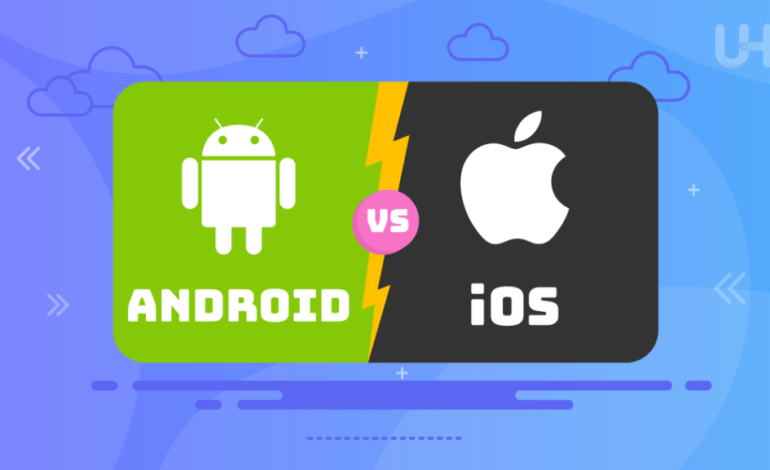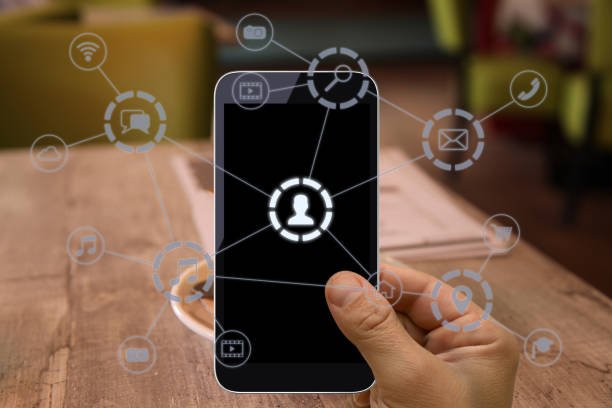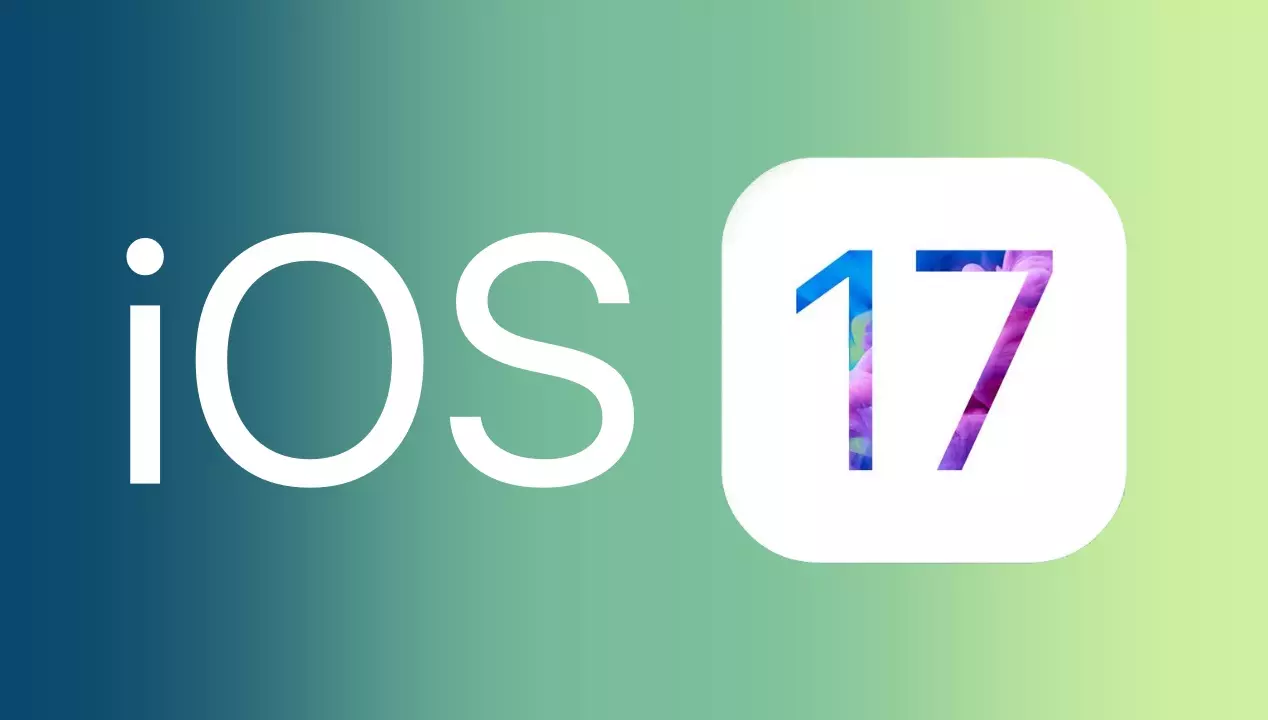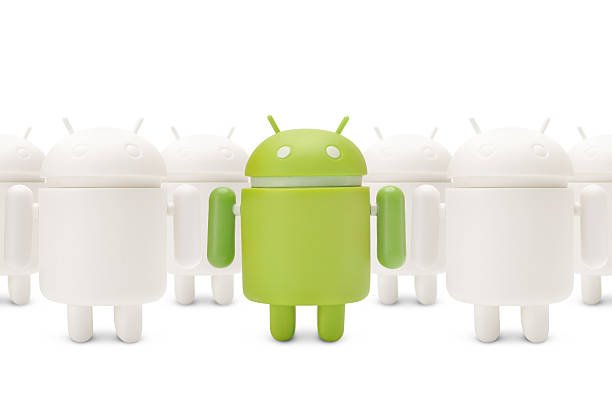When it comes to smartphones, the debate between Android and iOS has been ongoing for years. Both platforms have their loyal users, and both come with their own set of pros and cons. But if you’re new to the smartphone world or thinking of switching platforms, which one should you go for? In this article, we’ll break down the differences between Android and iOS, so you can make an informed decision. Spoiler alert: there’s no one-size-fits-all answer. So, let’s dive in!
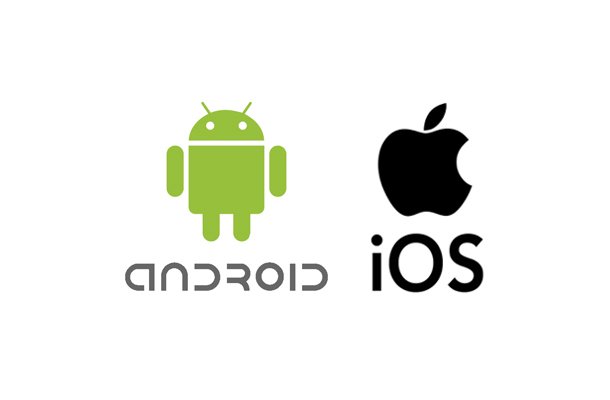
Customizability
Other mostly debated differences between the two operating systems are regarding customizability. Android is known to give a lot of flexibility in terms of altering and personalizing your phones. It allows changing everything, from widgets to themes, and also even having third-party launchers install an altogether different face for your device.
However, iOS is highly limiting. Its interface is clean, plain, and homogeneous for all gadgets handled by Apple. Of late, iOS has ushered in much more personalization options compared to the current platform of Android, including widgets and home screen layouts; however, it can never rival the power of flexibility brought about by Android. So, if you are one who likes having control over every single aspect of your device, then Android may well be the right fit for you.
App Store and App Availability
Two platforms boast a thriving app ecosystem, but with some key differences. While the Google Play Store on Android does offer the most apps overall, it also tends to have a higher percentage of free apps. The Apple App Store is still preferred more for its high quality control, making the available apps more secure and of a higher quality. But with that comes a cost – many iOS apps are paid or come with in-app purchases.
Developers on their part tend to make releases with iOS first, especially for premium or high-demand apps. But because of Android’s openness, it has support for a much wider range of apps that Apple wouldn’t approve of.
Hardware Choices
When you choose Android, you’re not just picking an operating system—you’re choosing from a variety of hardware. Android is used by several manufacturers, including Samsung, Google, OnePlus, and Xiaomi. Each brand offers a unique take on what a smartphone should be, with various features, sizes, and price points to match your preferences. Whether you’re looking for a budget phone or a high-end flagship, Android has you covered.
iOS only comes on Apple devices, which somewhat limits its versatility but surely promises to have a more standard experience than nearly every other device. Apple hardware and software integration can be a pretty powerful force because it lets them optimize performance and design in ways that are just not possible with most Android manufacturers.
User Interface and Experience
Another huge factor is the all-around user experience or UX. iOS is often touted to be an intuitive seamless UX: easy to pick up and start using right out of the box. Minimalistic design language along with everything seeming to just work.
Android, on the other hand, at times seems more confusing to the casual user. But for explorers who like tinker with settings to their taste, Android provides a more fulsome experience. It’s kind of comparing a ready-to-eat meal (iOS) and a customizable buffet (Android): satisfying, but in different ways.
Security and Privacy
It’s always security-wise a gold standard. Because of the closed nature of Apple’s system, there are fewer vulnerabilities overall, and they move fast to fix issues that come up. Apple is also strong in privacy due to on-device data processing as well as being able to limit app tracking.
Android is more open, thus vulnerable to security vulnerabilities if you download your apps from third-party sources. Google has lately taken huge steps to further secure Android more with more frequent updates and a better filtering process of applications on the Play Store. Still, if security and privacy top your list, iOS may have that slight edge.
Software Updates
Software updates are among the major complaints Android users have. While Google will constantly deploy new versions of Android, their roll-out is up to individual manufacturers to ensure devices receive them. And thus, you may wait for up to months or even more than a year for the latest features and patches.
On the contrary, iOS updates would reach all compatible devices simultaneously to allow everybody instant access to current features and security improvements.
Interoperability with Other Devices
If you already use other Apple products like a MacBook, iPad, or Apple Watch, iOS offers seamless integration. Apple’s ecosystem allows for easy sharing of files, messages, and even screen time between devices.
Android also comes easily integrated with other Google services and products, including Google Home, Chromecast, and Wear OS smartwatches. And of course, should you be very entrenched in the Apple ecosystem, switching to Android might just leave you feeling a bit like you’re missing out on some of that seamless integration.
Price Range
One of the biggest strengths of Android is the availability of an array of devices spread out across a wide range of price points. From the very lowest, medium budget phone to the most expensive flagship there’s almost inevitably an Android that’ll suit your needs.
For one, iPhones are relatively costlier. Yes, Apple sells older models at a discount, but still, entry price is higher than most Android devices. If budget is a constraint, Android is the no-brainer choice.
Battery Life and Performance
Indeed, improvement on both Android and iOS fronts has been tremendous in battery life and performance over the years. But with all the fanfare about these Android devices, the manufacturers often boast about larger batteries and faster-charging capabilities, particularly Samsung and OnePlus.
where software optimization plays a bigger role in extending battery life. While Apple’s battery performance is impressive, it is generally less capable than some of these Android versions. Still, both platforms have high-performance models, and what works ultimately depends on the specific model you may choose.
Voice Assistants: Google Assistant vs. Siri
When it comes to virtual assistants, Google Assistant is widely regarded as the more advanced option, offering better voice recognition, more features, and deeper integration with third-party apps. It’s often seen as smarter and more helpful than Siri, which, while improving, still lags behind in terms of capabilities.

